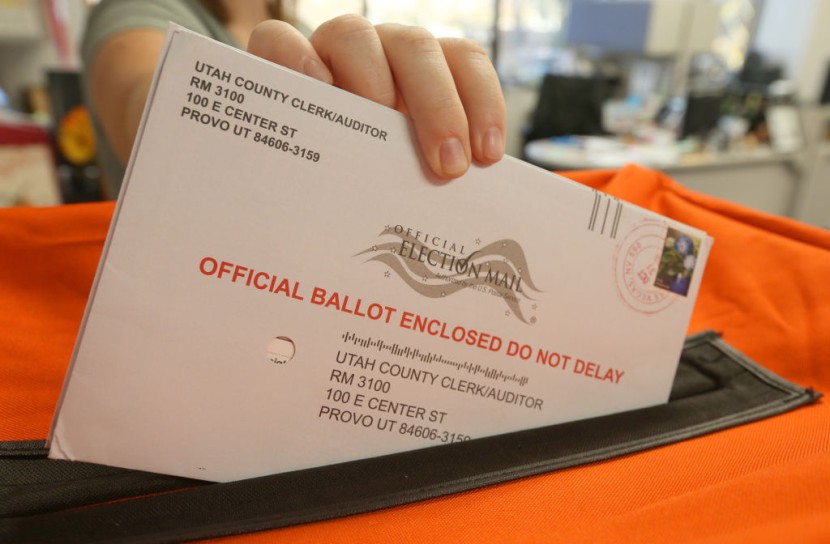
The United States Supreme Court has struck down a controversial new theory that could have completely changed how elections in the country are run.
Despite the nation's highest court rejecting the wild election theory, critics warned that not all is good news. The concern comes as the Supreme Court judges left the door open to more limited legal challenges that could increase its role in deciding voting disputes during the 2024 presidential election.
Supreme Court Rejects Wild Election Theory
Tuesday's 6-3 ruling rejected the so-called independent state legislature theory's most extreme version. The measure says that legislatures have absolute power in setting the rules of federal elections and cannot be argued by state courts. The Supreme Court's decision was met with cheers from voting rights groups.
In a statement, the Kathay Feng of the Common Cause group said they could beat back the "most serious legal threat" our democracy has ever faced. As per the Associated Press, the group's lawsuit challenging congressional districts drawn by North Carolina's GOP-led Legislature triggered the case's case.
However, the Supreme Court found that state courts must still act within "ordinary bounds" when reviewing federal election laws. This would allow those who lose election lawsuits in state courts to persuade federal judges to overturn the rulings.
A law professor at the University of California Los Angeles, Rick Hasen, said that the Supreme Court had rejected most extreme policies but left room for ideological and partisan judging. Hasen was the one who filed an amicus brief in the case that urged the court to reject the theory across the board.
On the other hand, conservatives who had supported limits on the role of state courts in federal elections agreed with Hasen. This was regarding the court needing to decide exactly when state courts must avoid federal elections.
Protecting Voting Rights
Some view the struck-down legislation, set aside for two decades and believed to lack any ground in American history, as a representation of the threat to elections. The Supreme Court's decision on the matter was written by Chief Justice John Roberts, which made it clear that the Constitution's elections clause does not have such an exception, according to The Guardian.
Roberts wrote that state courts should retain the authority to apply state constitutional restraints when legislatures act under the Elections Clause. He argued that the clause does not insulate state legislatures from the ordinary exercise of state judicial review.
Roberts, Sonia Sotomayor, Elena Kagan, Brett Kavanaugh, Amy Coney Barrett, and Ketanji Brown Jackson voted in favor of the ruling. Three justices dissented, namely Clarence Thomas, Neil Gorsuch, and Samuel Alito.
On the other hand, United States Vice President Kamala Harris reiterated the Biden administration's efforts to secure access to the ballot box. She also urged Congress to pass legislation protecting the voting rights of every American across the country, adding that voting is the bedrock of our democracy, said CBS News.
Related Article: Will Joe Biden's Old Age Punchline Appeal to Voters?









